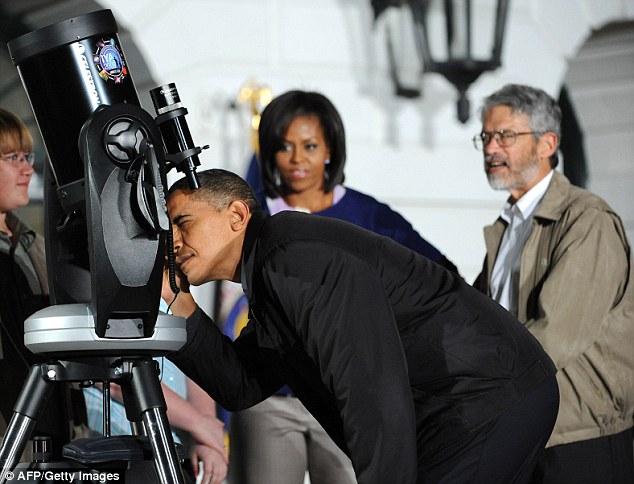My brain can't comprehend it; it's overwhelming.
Yes, it is.
The way science fiction approaches it, warp drive in Star Trek for instance, makes us imagine unimaginable distances to be 20 minutes away.
There are two ways for humans to visit the far reaches of the cosmos ... one within our present state of technolgy.
Build large ships with nuclear engines that travel close enough to the speed of light for time dilation to be a factor. Voyages that last thousands of centuries by Earth time will take only a few years to the crew of the ship. Of course, they will never come back and never report what they find.
The second, 'Star Trek' way, plausible but not within our current state of technology, is to create massive gravitational lenses that allow us to bend space time so that we will cross vast distances using conventional propulsion.
Things like worm holes and black holes might theoretically be possible ways to explore the cosmos, but that would be many centuries in the future.

